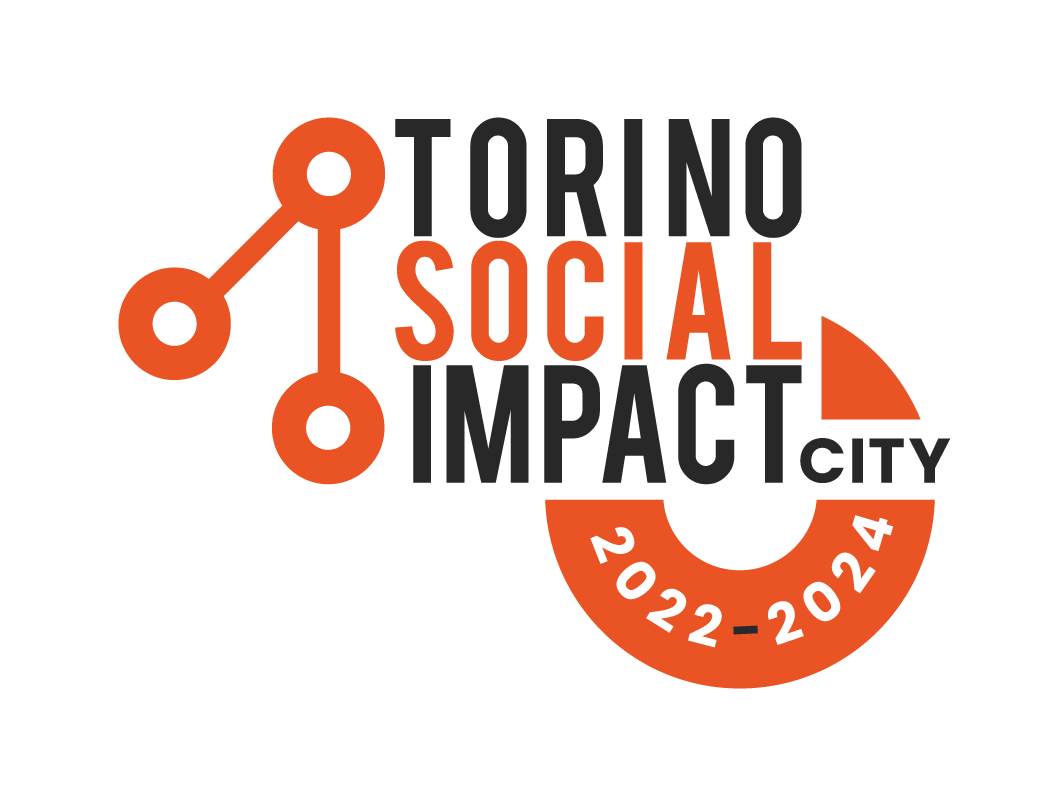Social enterprises described as “investing in the future” with widespread adoption of artificial intelligence, as pressures to maximise efficiency mount in dire economic landscape, according to latest report published today by Social Enterprise UK.
Almost half of UK social enterprises report using artificial intelligence (AI) technology in some way, according to a new report published today by network organisation Social Enterprise UK (SEUK).
The latest Social Enterprise Barometer, published quarterly to provide a ‘snapshot’ of the social enterprise landscape in the UK, surveyed a sample of 136 social enterprises and for the first time asked them to report on their use of AI.
The most common AI tools used by the social enterprises surveyed are text generation using large language models (used by 17% of respondents), visual content creation and data processing through machine learning (each used by 10% of the sample).
“Social enterprises are embracing innovation, investing in innovation, investing in the future,” Dean Hochlaf (pictured), head of research and policy at Social Enterprise UK, said.
He added that many social enterprises were small organisations which needed to be “well aware” of new technology that could help them be more efficient.
AI had the potential to help them across all their activities, from producing goods to writing funding applications, he explained – and this was even more important in a mission-driven business.
“When social enterprises are trying to address systemic social issues, it is very important that they are working to the absolute maximum capacity so that they can get more done, bring more profit and invest more in their social missions,” Hochlaf said.
According to a dataset published by the Office for National Statistics this month, 85% of businesses reported not using AI technology, while the SEUK study found that just 49% of social enterprises do not use the technology. Hochlaf however warned against comparing both figures like-for-like, as the samples for the two studies might not be representative enough to draw conclusions.
The report, however, raises concerns about the broader impact AI could have, such as the loss of jobs or the concentration of power in the hands of larger companies. ‘We know that the acceleration of AI has the potential to cause social disruption,’ Hochlaf said.
Optimising the ability to fulfil its mission with limited resources is essential because social enterprises are going through a ‘perfect storm’. After a solid recovery following the shock of the Covid-19 pandemic, the financial performance of social enterprises is now declining, according to research.
The report shows that 50% of social enterprises surveyed increased their turnover in the past year, down from 65% in 2023, and the share of social enterprises reporting a loss has gone up four percentage points to 30% since last year.
“It’s disappointing to see,” Hochlaf said. “I think we have to recognise that the last year has been challenging economically.” The cost of living crisis due to high inflation led to a reduction in trade for social enterprises, while demand for their services increased, he explained.
“More support to help social enterprises get through this challenging time will actually, I think, be very beneficial to the wider economic conditions of the country.”
“As economic indicators were beginning to improve” Hochlaf said “social enterprises could play an important role in driving economic recovery”.
Another element of the ‘perfect storm’ social enterprises are having to navigate is the uncertainty over the finances of one of the sector’s biggest partners: local authorities.
More than half of the social enterprises surveyed report generating some income from local authorities, but they are themselves facing a dire funding crisis.
Councils have seen their budgets squeezed in the past decade, and recent economic factors have led to a funding crisis so stark it has seen several councils effectively declare bankruptcy in the past year, including Birmingham, Nottingham and Woking – with fears that many more local authorities could soon be in the same situation. More than a quarter of social enterprises currently generating income from local government are expecting it to fall in the next year, according to the report.
“The impact of inflation and rising demand for the services that local authorities are expected to provide has seen a rising number of local authorities issuing notices of severe financial distress,” the research paper states.
Social entrepreneurs interviewed in the survey said the risk of seeing their contracts with councils cancelled was leading to “a lot of anxiety”. Meanwhile, other social enterprises report simply no longer seeking contracts with local authorities.
Despite this context, the social enterprises surveyed remain positive overall, with more than half of those in business with local authorities expecting their income from local government to increase or remain the same.
Hochlaf said: “Many social enterprises operate at the local level. They invest locally, they create entities locally. So for many local local authorities, the success of social enterprises can have huge benefits for their local communities.”
Torino Social Impact will soon launch a programme for the digitisation of social enterprises, use of data and innovative tools such as AI, in continuity with I3S, thanks to a recently approved 24-month European project that will start soon, Digital and Data-Driven Opportunities to strengthen the Social Economy Impact (Do Impact) funded under the call SMP-COSME-2023-SEED-01 – [Proximity and social economy industrial ecosystem: boosting the digital transition of social economy enterprises and SMEs].
Read more:
Archivio:
 From the African Union, a Decade-Long Strategy on the Social and Solidarity Economy25 September 2024
From the African Union, a Decade-Long Strategy on the Social and Solidarity Economy25 September 2024 New legal opinion on true and fair shows company directors how to include sustainability in their financial accounts22 February 2024
New legal opinion on true and fair shows company directors how to include sustainability in their financial accounts22 February 2024 Corporate sustainability due diligence14 December 2023
Corporate sustainability due diligence14 December 2023 Introducing the Impact Taskforce (ITF) State of Play 202312 December 2023
Introducing the Impact Taskforce (ITF) State of Play 202312 December 2023 Coke launches $137.7m sustainability fund15 September 2023
Coke launches $137.7m sustainability fund15 September 2023 Impact Investing UK case study repository15 September 2023
Impact Investing UK case study repository15 September 2023 European Commission adopted a Proposal for non-profit associations13 September 2023
European Commission adopted a Proposal for non-profit associations13 September 2023 Historic moment for the Social and Solidarity Economy: the UN General Assembly adopts a resolution17 June 2023
Historic moment for the Social and Solidarity Economy: the UN General Assembly adopts a resolution17 June 2023 The Commission approves a proposal for Council recommendation for Member States on developing social economy framework conditions17 June 2023
The Commission approves a proposal for Council recommendation for Member States on developing social economy framework conditions17 June 2023 Updates from the ISSB Board for the issuing of global sustainability standards on January 202428 February 2023
Updates from the ISSB Board for the issuing of global sustainability standards on January 202428 February 2023 In 2023, Turin will be the European capital of social and environmental impact finance19 December 2022
In 2023, Turin will be the European capital of social and environmental impact finance19 December 2022 Turn in European social procurement policies16 December 2022
Turn in European social procurement policies16 December 2022 The transition pathway for proximity & social economy15 December 2022
The transition pathway for proximity & social economy15 December 2022 Social Value Matters Europe in October in Turin27 June 2022
Social Value Matters Europe in October in Turin27 June 2022 The Global Citizen Impact Funds02 May 2022
The Global Citizen Impact Funds02 May 2022 Mayors, unions and the International Energy Agency join forces to boost a just energy transition02 May 2022
Mayors, unions and the International Energy Agency join forces to boost a just energy transition02 May 2022 Social impact integrates the new European innovation ecosystems09 February 2022
Social impact integrates the new European innovation ecosystems09 February 2022 EU co-creation of the proximity and social economy ecosystem09 February 2022
EU co-creation of the proximity and social economy ecosystem09 February 2022 The Impact Taskforce: time to deliver07 February 2022
The Impact Taskforce: time to deliver07 February 2022 Italy: ten million for benefit companies10 December 2021
Italy: ten million for benefit companies10 December 2021 Peer2Peer: Amsterdam Impact29 September 2021
Peer2Peer: Amsterdam Impact29 September 2021 EU Social Taxonomy for a sustainable finance27 September 2021
EU Social Taxonomy for a sustainable finance27 September 2021 EVPA position paper on EU Action Plan for the Social Economy20 September 2021
EVPA position paper on EU Action Plan for the Social Economy20 September 2021 Generation Changemaker29 June 2021
Generation Changemaker29 June 2021 Social Stock Exchange, Paris launches an index for the best responsible and sustainable companies22 April 2021
Social Stock Exchange, Paris launches an index for the best responsible and sustainable companies22 April 2021 The Franchising Push for Social Impact31 March 2021
The Franchising Push for Social Impact31 March 2021 Report from the European Commission on Socially responsible public procurement (SRPP) in 27 countries22 March 2021
Report from the European Commission on Socially responsible public procurement (SRPP) in 27 countries22 March 2021 B20 at the start, in the sign of the impact revolution18 February 2021
B20 at the start, in the sign of the impact revolution18 February 2021 Everyone a Changemaker, Ashoka’s mission15 February 2021
Everyone a Changemaker, Ashoka’s mission15 February 2021 The Final Statement of The Economy of Francesco10 December 2020
The Final Statement of The Economy of Francesco10 December 2020 The Gaetano Marzotto Prize looks to social impact with the first edition of the 2030 SI Prize10 December 2020
The Gaetano Marzotto Prize looks to social impact with the first edition of the 2030 SI Prize10 December 2020 B Corp and B Movement Builders11 November 2020
B Corp and B Movement Builders11 November 2020 Road to Mannheim 2021, European Social Economy Summit08 October 2020
Road to Mannheim 2021, European Social Economy Summit08 October 2020 Responsible Banking07 October 2020
Responsible Banking07 October 2020 Cities and Social Impact Bonds05 October 2020
Cities and Social Impact Bonds05 October 2020 GSG leaders call governments for action to put impact at the heart of the Covid-19 economic recovery 30 September 2020
GSG leaders call governments for action to put impact at the heart of the Covid-19 economic recovery 30 September 2020 If not now, then when?22 May 2020
If not now, then when?22 May 2020 Sustainable finance: Commission welcomes deal on an EU-wide classification system for sustainable investments27 February 2020
Sustainable finance: Commission welcomes deal on an EU-wide classification system for sustainable investments27 February 2020 Strong Social Europe for Just Transitions27 February 2020
Strong Social Europe for Just Transitions27 February 2020 The Global Steering Group for Impact Investment18 November 2019
The Global Steering Group for Impact Investment18 November 2019



















